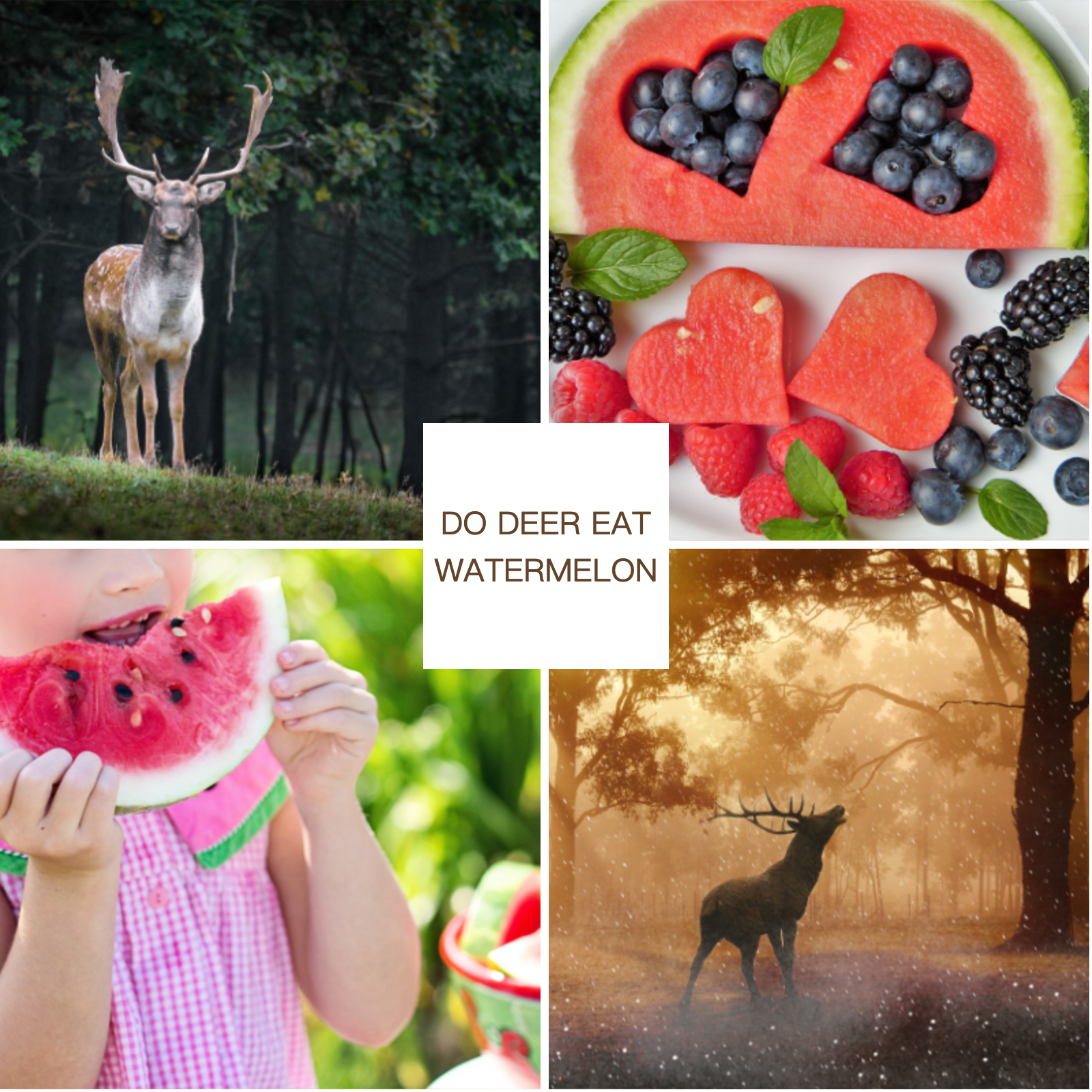Can Deer Eat Watermelon?

- Watermelons provide a hydrating and refreshing snack for deer, especially during hot weather when water sources may be limited in their natural habitats.
-
The fruit contains essential vitamins and nutrients, such as Vitamin C, Vitamin A, and potassium, which can contribute to the overall health and well-being of deer.
- Watermelon seeds are a good source of protein and healthy fats, offering a nutritious supplement to a deer's diet, particularly during times of limited foraging options.
- Feeding deer watermelon can also help attract them to specific areas for wildlife observation or management purposes, creating opportunities for conservation and research activities.
Additionally, offering watermelon to deer can foster a positive relationship between humans and wildlife, promoting coexistence and understanding of the natural world. Remember to provide watermelon in moderation and alongside a balanced diet to ensure the health and safety of the deer population.
Benefits of Deer Eating Watermelon
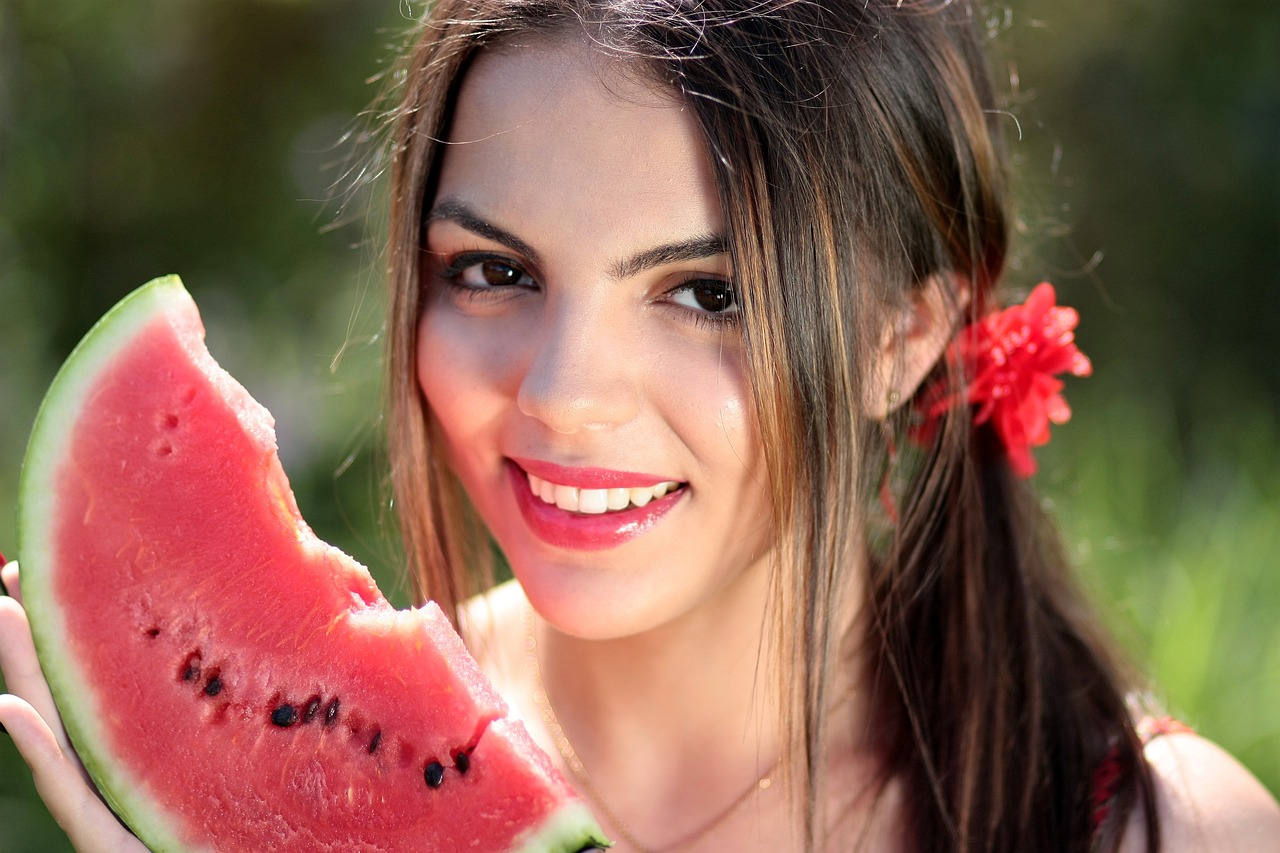
-
Source of Hydration: Watermelon is primarily composed of water, making it a hydrating snack for deer, especially during hot and dry seasons.
-
Nutrient Rich: Watermelon contains essential vitamins and minerals such as vitamin C, vitamin A, and potassium, which can contribute to the overall health of deer.
-
Suitable Treat: Watermelon is a natural and healthy treat option for deer, providing them with a different taste and texture compared to their regular diet.
-
Helps with Digestion: The high water content and fiber in watermelon can aid in digestion for deer, promoting a healthy digestive system.
Overall, offering watermelon to deer can provide them with hydration, essential nutrients, and a palatable treat that supports their overall well-being.
How to Safely Offer Watermelon to Deer

- Choose ripe watermelons without any signs of mold or rot, as deer may avoid spoiled fruit.
- Cut the watermelon into small, manageable pieces for the deer to consume easily.
- Avoid adding salt, sugar, or any artificial seasonings to the watermelon, as these may be harmful to deer.
- Place the watermelon pieces in an area frequented by deer, such as near feeding grounds or trails.
Keeping Deer Safe When Feeding Watermelon
-
Monitor the deer as they consume the watermelon to ensure they do not show any signs of distress or adverse reactions.
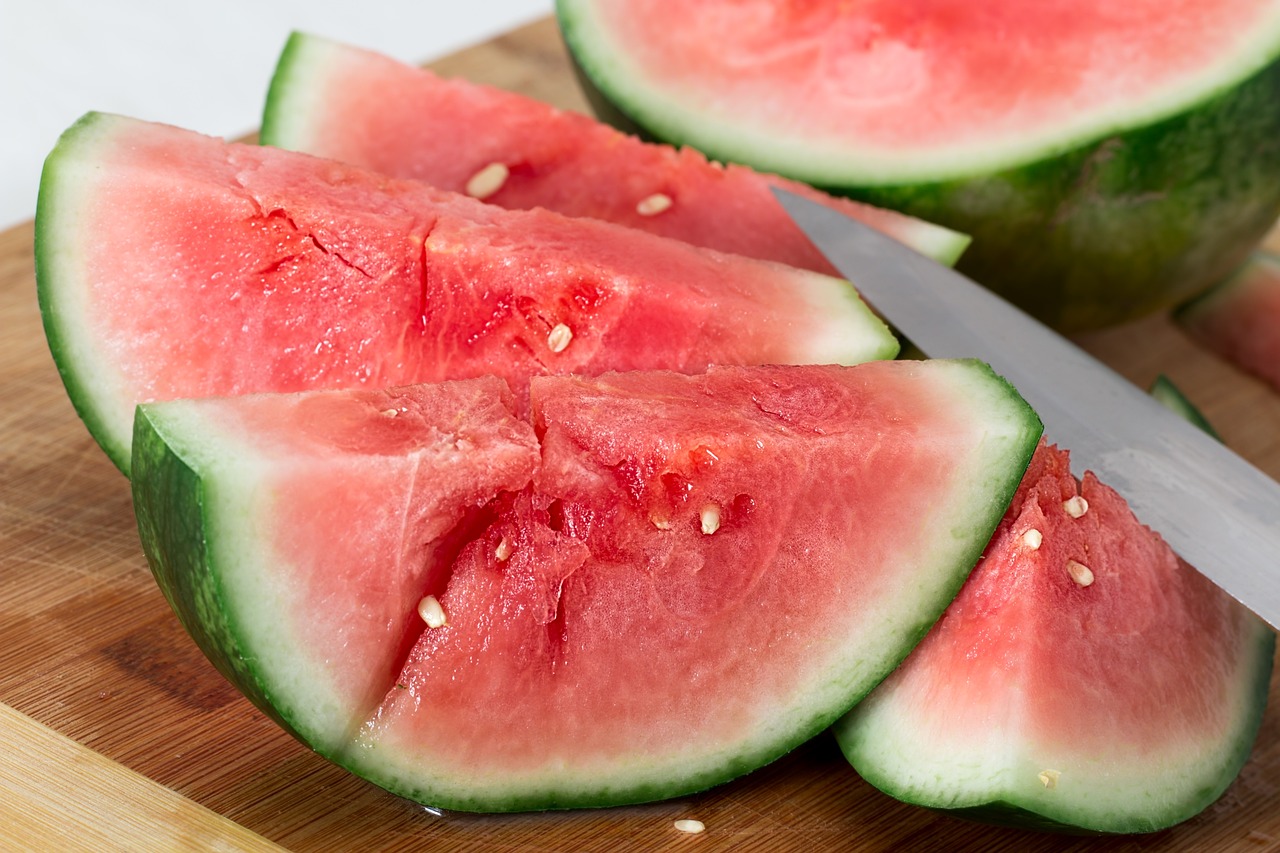
-

Do not feed deer too much watermelon at once, as sudden dietary changes can upset their digestive system.
-
Ensure that the watermelon pieces are free from any seeds, as they may pose a choking hazard to the deer.
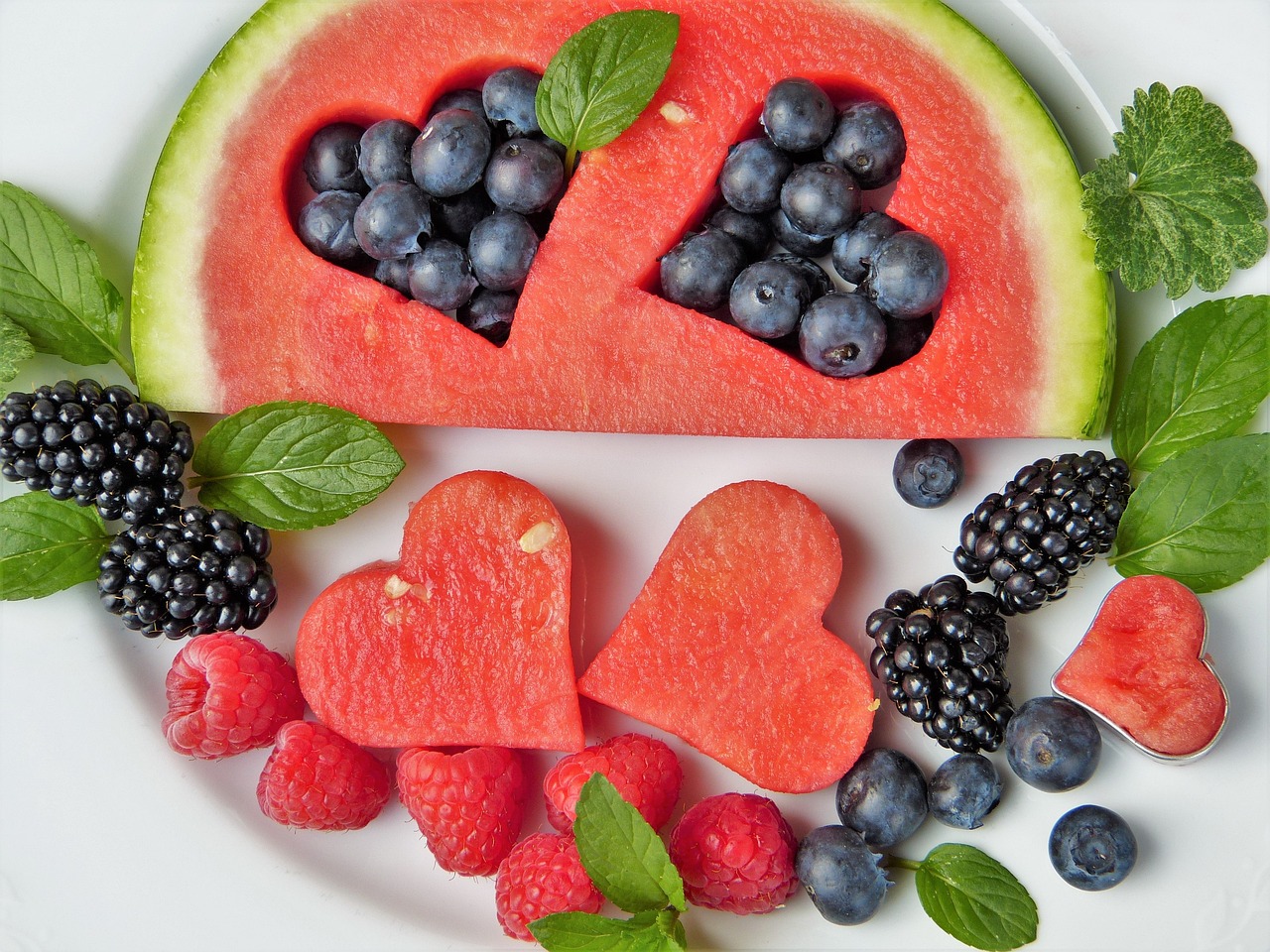
-
Always provide fresh water alongside the watermelon to keep the deer hydrated.
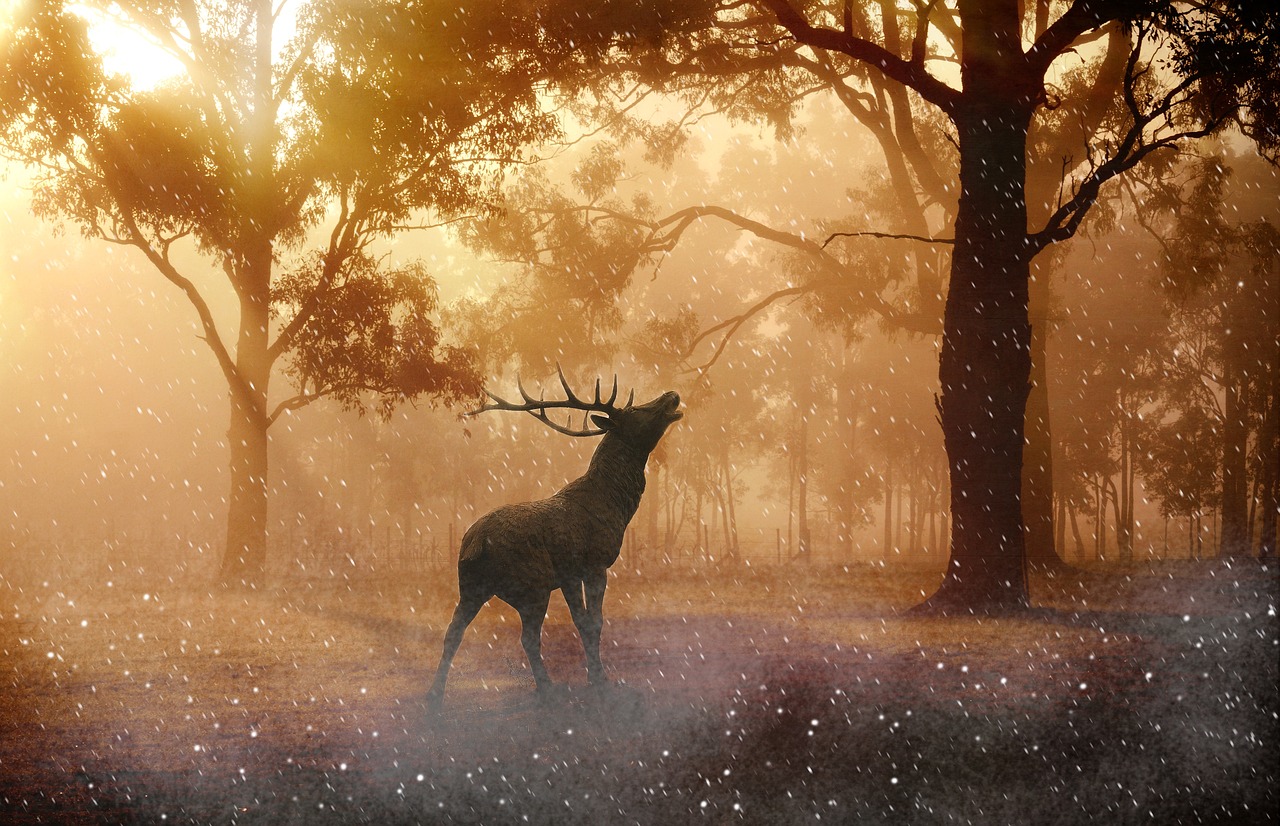
Conclusion: Providing Watermelon for Deer

-
When offering watermelon to deer, it is important to do so in moderation to prevent overconsumption.
-
Ensure the watermelon is fresh, and if possible, organic to avoid harmful pesticides.
-
Place the watermelon in an area where deer frequent, such as near a natural water source or in their feeding grounds.
-
Observing deer from a distance can help ensure they are comfortable and feel safe while enjoying the watermelon treat.
Introduction to Deer's Diet

When considering the question "Do deer eat watermelon?", it is crucial to first understand the dietary habits of deer. Deer are herbivores, meaning their diet primarily consists of plants, fruits, and nuts. They have a diverse palate and will consume a variety of vegetation based on seasonal availability and nutritional needs.
Watermelon is not a typical part of a deer's natural diet in the wild. While deer may show curiosity towards novel food sources, their feeding preferences are primarily guided by instinct and nutritional requirements. In the wild, deer primarily feed on grass, leaves, shoots, and fruits found in their natural habitat.
Considering this, it is essential for individuals interested in providing food for deer to be aware of the nutritional needs and preferences of these animals. While watermelon may not be a staple food for deer, it can occasionally be included as a treat or supplemental food source in controlled settings.
Understanding the dietary habits of deer is crucial in ensuring their health and well-being. By providing appropriate food sources that align with a deer's natural diet, individuals can help support the nutritional needs of these animals and contribute to their overall health and vitality.

